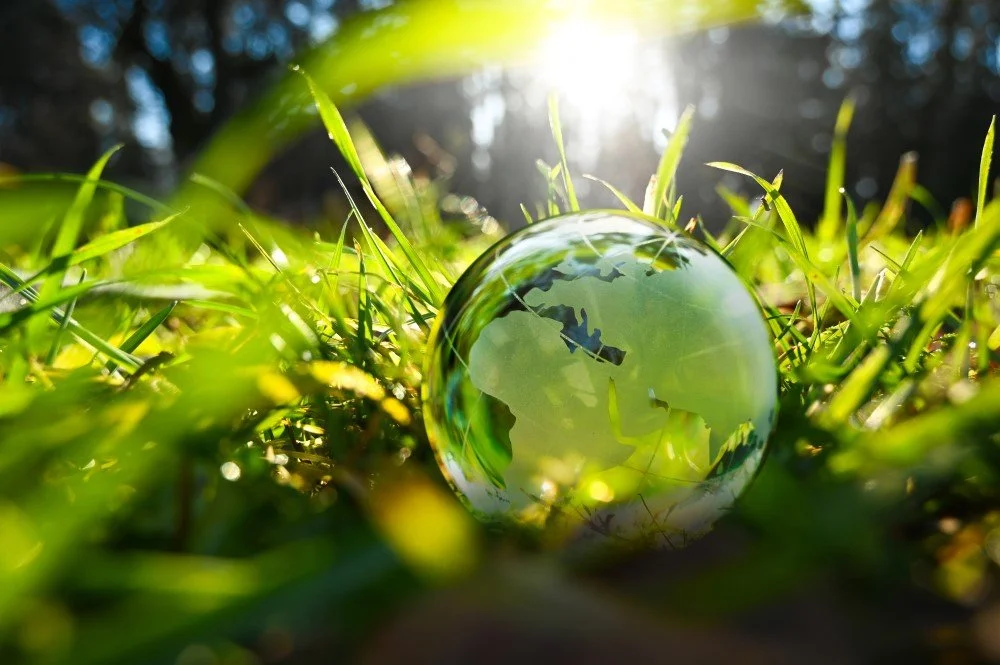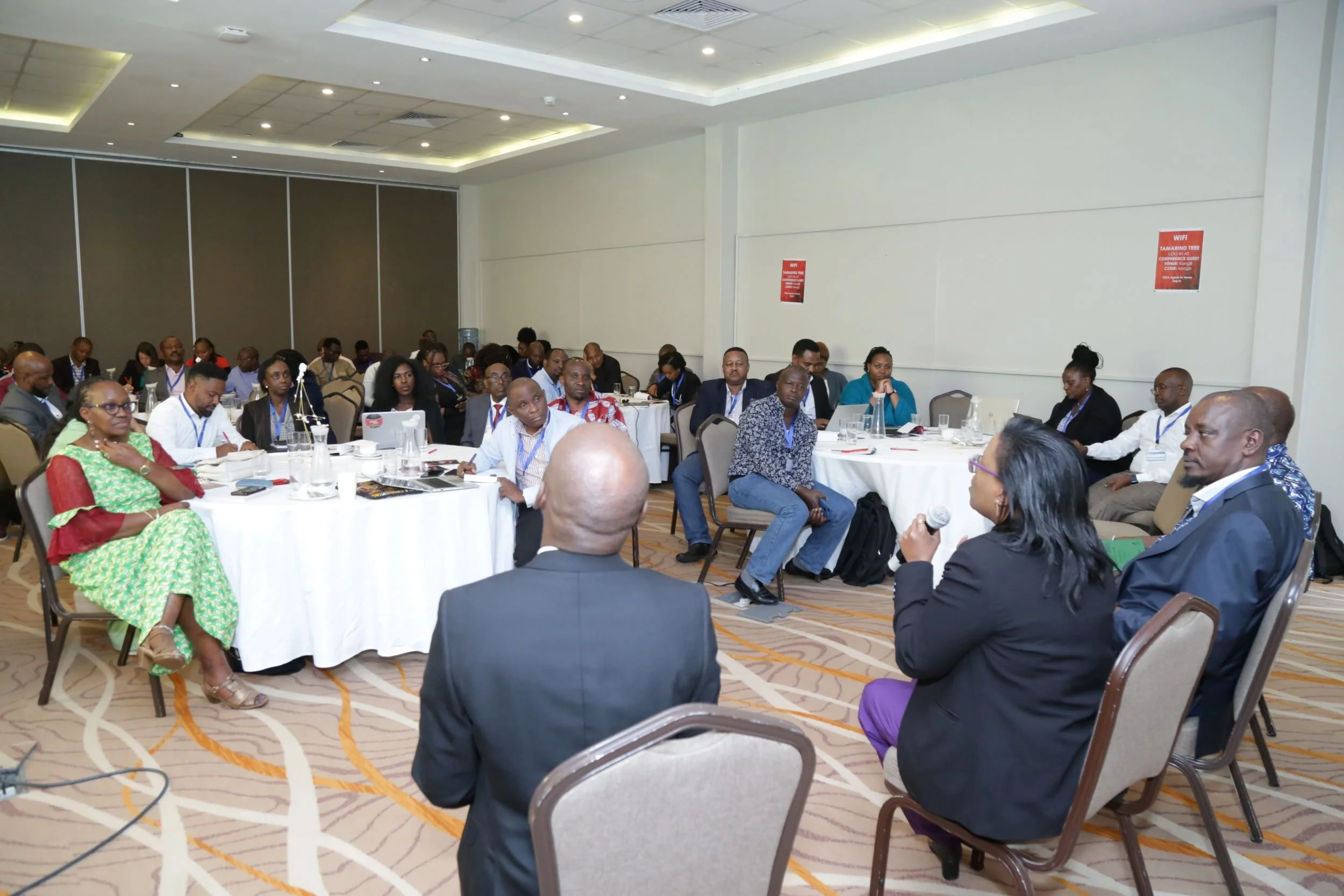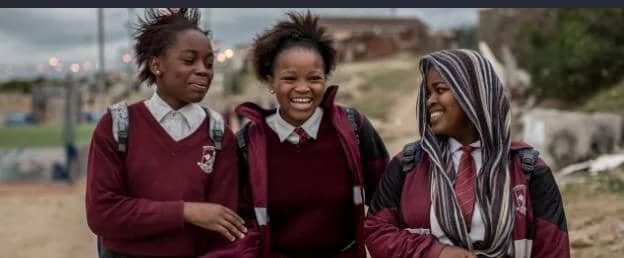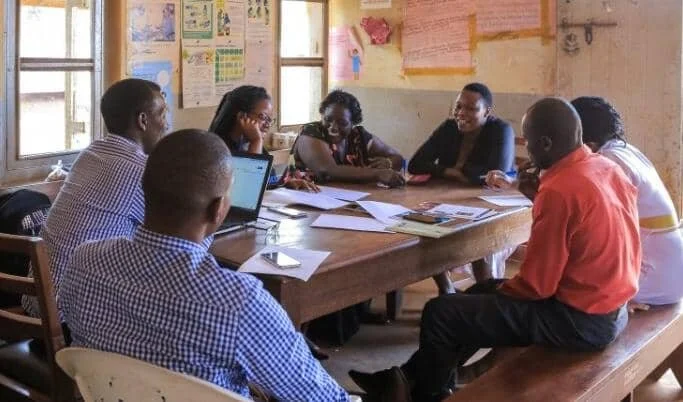We commit to achieving a world in which humanity lives in harmony with nature, to conserving and sustainably using our planet’s marine and terrestrial resources, including through sustainable lifestyles, and sustainable consumption and production, to reversing the trends of environmental degradation, to promoting resilience, to reducing disaster risk, and to halting ecosystem degradation and biodiversity loss. We will conserve and sustainably use oceans and seas, freshwater resources, as well as forests, mountains and dry lands and protect biodiversity, ecosystems and wildlife.
A Position Statement on Climate Change and Health for COP28
We, The Youth Cafe, recognise the urgency of addressing climate change, with Africa facing heightened vulnerability to its devastating impacts. The latest findings from the IPCC’s Special Report on Global Warming reveal that our planet is now 1.1 degrees Celsius warmer than pre-industrial levels, with projections indicating a potential 1.5-degree threshold as early as 2040. Disturbingly, each successive decade since 1850 has been more generous than the last. The escalating temperature trend driven by human-induced greenhouse emissions threatens health, food security, and economic stability. According to the World Health Organization (WHO), approximately 250,000 deaths per year may be directly linked to climate change-related issues such as heat stress, malnutrition, vector-borne diseases and water-borne diseases.
Our Commitment: Giving Girls In East And Southern Africa A Voice And Securing Their Future
The East and Southern African Commitment has been an essential regional framework to ensure the two key Ministries coordinate their commitment to adolescent sexual and reproductive health and rights more efficiently while including other line Ministries, such as social affairs, gender and youth, as well as young people and civil society organizations, to deliver comprehensive sexuality education in and out of schools.
She’s Helping Mothers Access Affordable, Mobile Ultrasounds
“Many young adults shy away from health education, especially when it comes to sexual and reproductive health,” Phyllis says. “Getting them to participate is a big challenge. In Uganda, many people are also not Informed about different family planning methods. That’s why we need health education to challenge misconceptions and make an impact. With these tools in hand, women across the country are better equipped to learn about and discuss critical health topics.





